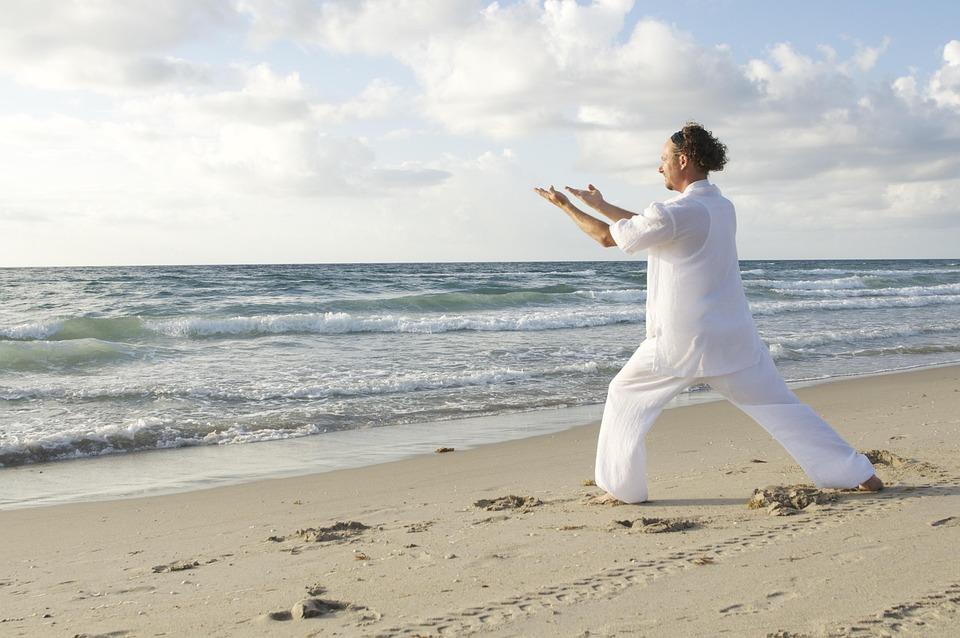Ultimate mindfulness and peace can feel elusive, can’t it? Between the chaos of daily life and the constant buzz of notifications, finding your center might seem like a distant dream. But what if I told you that just a few simple daily rituals could transform your life?
Mindfulness isn’t just a fancy buzzword; it’s a powerful practice that allows you to reconnect with yourself, cultivate inner peace, and navigate your day with grace. It’s about being fully present, embracing the moment, and allowing yourself to breathe deeply in this whirlwind of existence.
These rituals aren’t just feel-good fluff; they’re rooted in science and real-life experiences. Let’s dive into seven daily practices that can help you foster ultimate mindfulness and peace.
Contents
1. Morning Mindfulness Meditation
Start your day with intention. Just as the sun rises, so can your awareness. A few minutes of meditation each morning sets the tone for your entire day.
Find a comfortable spot—maybe your favorite chair or a cozy corner of your bedroom. Close your eyes and focus on your breath. Inhale deeply through your nose, hold for a moment, and exhale slowly through your mouth.
- Benefits: Research shows that even a short daily meditation can reduce stress and improve emotional well-being. Harvard Health highlights how mindfulness meditation can enhance your overall mental health.
2. Journaling Your Thoughts
Put pen to paper. Journaling is a powerful tool to gain clarity and process your emotions. Dedicate a few minutes each day to reflect on your thoughts, feelings, and experiences.
-
How to Start: Write without judgment. Don’t worry about grammar or structure; let your thoughts flow. You might jot down what you’re grateful for or simply express how you feel that day.
-
Benefits: Studies suggest that expressive writing can lead to improved mental health and emotional clarity. Your journal becomes a safe space—a sanctuary for your mind.
3. Mindful Movement
Connect your body and mind through movement. Whether it’s yoga, walking, or dancing, mindful movement is about engaging with your body in a way that feels good.
-
Choose Your Flow: Find an activity that resonates with you. Slow, intentional movements create space for mindfulness.
-
Benefits: According to Psychology Today, movement can enhance your mood and boost your emotional resilience.
4. Digital Detox
Unplug to recharge. Set aside specific times during your day to disconnect from screens. This isn’t just about social media; it includes emails, texts, and even news notifications.
-
Create Boundaries: Establish “no tech” zones or times—like during meals or an hour before bed.
-
Benefits: The American Psychological Association has found that reducing screen time can lead to lower stress levels and improved mental health.
5. Mindful Eating
Transform your meals into a mindfulness practice. Eating should be a nourishing experience, not just a task to check off your list.
-
Slow Down: Take a moment to appreciate your food. Notice the colors, textures, and aromas. Chew slowly and savor each bite.
-
Benefits: Research indicates that mindful eating can help with weight management and improve your relationship with food. The Center for Mindful Eating offers valuable resources on this practice.
6. Gratitude Ritual
Cultivate a habit of gratitude. Each evening, reflect on three things you’re grateful for. This can shift your focus from what’s lacking in your life to what’s abundant.
-
How to Practice: Write them down or share them with a loved one. Make it a daily ritual that brings warmth to your heart.
-
Benefits: Studies show that practicing gratitude can enhance your mood and overall well-being. Greater Good Science Center provides research-backed insights on the positive effects of gratitude.
7. Evening Reflection
Wind down with reflection. Just as you start your day with intention, end it mindfully. Spend a few moments reflecting on your day—what worked, what didn’t, and what you can learn from it.
-
Create a Routine: Light a candle or enjoy a cup of herbal tea as you reflect.
-
Benefits: This practice can help you process your experiences, reduce anxiety, and foster a greater sense of peace.
Bottom Line
Embracing ultimate mindfulness and peace doesn’t require grand gestures or significant time commitments. It’s about weaving small, intentional practices into your daily life. Each ritual offers a unique pathway to reconnect with yourself and cultivate a sense of serenity.
So, why not start today? Choose one or two rituals that resonate with you and make them a part of your daily routine. Remember, this journey is uniquely yours. Trust the process, and watch how these simple acts can transform your life.
FAQs
How long should I meditate each day?
Even five to ten minutes can be beneficial. Start small and gradually increase your time as you feel comfortable.
Can I practice mindfulness while doing chores?
Absolutely! Mindfulness can be incorporated into any activity. Focus on your breath and the sensations of the task at hand.
What if I have trouble focusing during meditation?
That’s completely normal. Don’t judge yourself; simply acknowledge the distraction and gently bring your focus back to your breath.
Take the first step toward ultimate mindfulness and peace. Your journey begins now. Embrace it!
Get Your FREE Natural Health Guide!
Subscribe now and receive our exclusive ebook packed with natural health tips, practical wellness advice, and easy lifestyle changes, delivered straight to your inbox.




